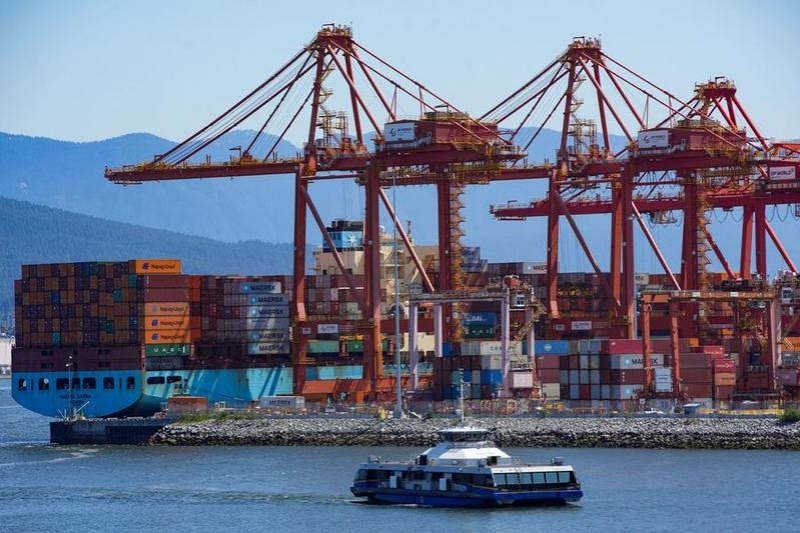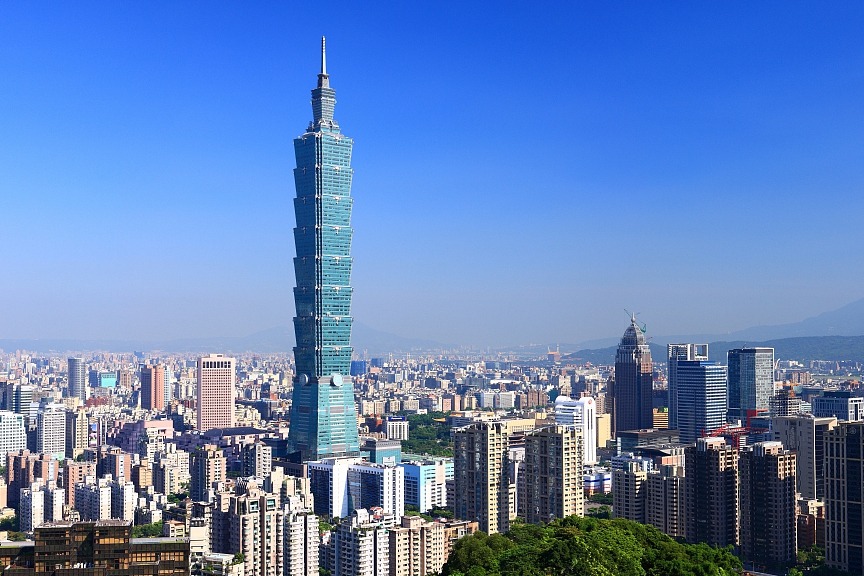In efforts to build a multipolar world, it's the West versus the rest


The explosion in Nova Kakhovka dam on the Dnieper River east of the city of Kherson on Tuesday is the tragic consequence of the escalating Russia-Ukraine conflict, which could and should be resolved through a cease-fire and talks. The collapse of the dam has led to flooding, putting the lives of tens of thousands of innocent civilians at risk, with Russia and Ukraine accusing each other of being responsible for the disaster.
Yet this disaster could have been averted if Russia, Ukraine, the United States, NATO and the European Union had heeded the call of China, Brazil and other countries for an immediate cease-fire and holding of dialogue without any preconditions to end the conflict.
Unfortunately, many in the US, NATO and the EU seem to believe that negotiation is possible only after Ukraine's long-awaited counteroffensive achieves success. US Secretary of State Antony Blinken said in Finland on June 2 that Washington and its allies should not support a cease-fire or peace talks until Ukraine gains strength and can negotiate on its own terms.
However, no one, not even the Pentagon, is confident of the Ukrainian counteroffensive being successful. What is certain is more deaths, bloodshed and destruction on both sides, and the increasing likelihood of the conflict turning into wider hostilities.
The conflict has caused untold suffering to not only the Ukrainian and Russian peoples and their economies, but also the rest of the world, especially the Global South. The West, represented by 40-plus countries with a combined population smaller than China's, is in total disagreement with the rest of the world, represented by more than 150 countries, in their analysis of the conflict.
NATO, a Cold War legacy, has been recklessly expanding eastward since the 1990s, posing a real security threat to Russia and other countries. Its recent bid to extend its influence to the Asia-Pacific region is a provocative move, a move to destabilize a region far from the North Atlantic.
Fareed Zakaria, host of CNN's GPS, in a column in The Washington Post last week, said the US can no longer assume the rest of the world is on its side. From Turkiye, South Africa and Brazil to China and India, Zakaria described the phenomenon as "the rise of the rest", especially countries which were once populous but poor that have moved from the margins to the center stage.
Zakaria argued that many of these countries were once colonized by Western powers, so they retain an instinctive aversion to Western efforts to corral them into an alliance or grouping. He quoted Fiona Hill, a former US National Security Council official, as saying that these emerging countries don't believe the US when they hear it speak of a rules-based international order and see Washington as full of "hubris and hypocrisy".
The US has exhibited such hubris and hypocrisy when using all ploys to curtail China's economic and technological rise and smearing its global image. China's rise is a major success story of the emerging economies, but Washington views it as the only country which has the capacity to challenge its global hegemony despite China reiterating that it will never seek global dominance.
Late political scientist Samuel Huntington said in an article in 1997 that the main responsibility of Western leaders is to recognize that intervention in the affairs of other countries is the single most dangerous source of instability in the world.
But Western leaders have refused to heed such advice and, instead, continue to intervene in other countries' internal affairs and lecture the developing world on international rules, treating them as inferior nation states incapable of making their own decisions. In fact, the West has been driving a wedge between itself and the rest of the world, as reflected in the decision of 150 countries to not join the Western nations in imposing sanctions on Russia and calling for an immediate cease-fire and dialogue to end the Russia-Ukraine conflict.
The author is chief of China Daily EU Bureau based in Brussels.
chenweihua@chinadaily.com.cn


































